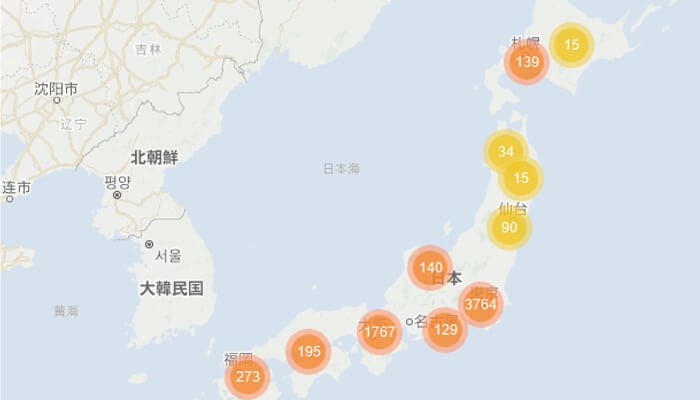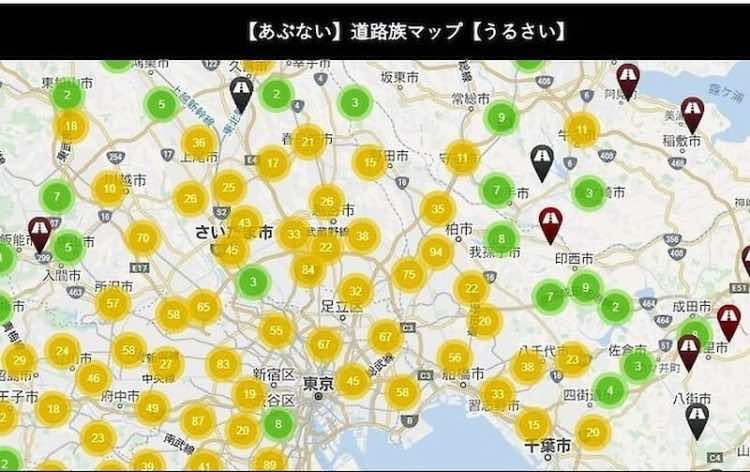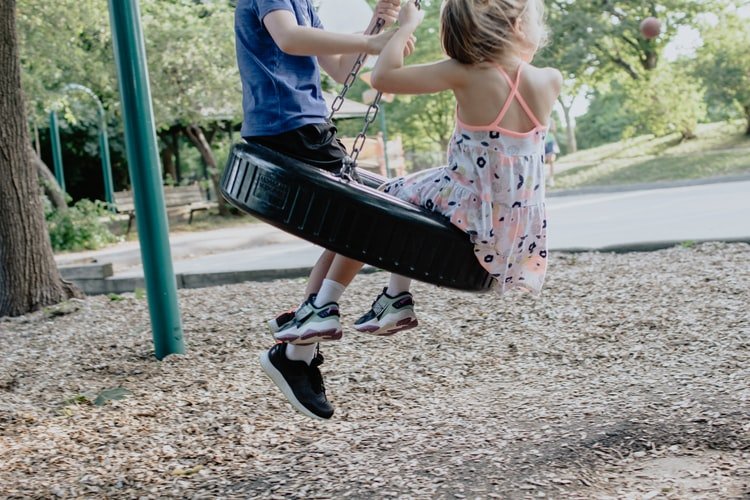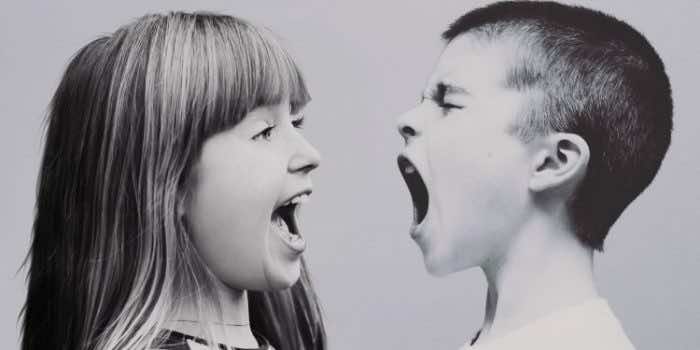A website that keeps track of the noisiest places in Japan is under question, with many criticizing it on social grounds.
The one against it says that the application points out general human behavior as annoying and marks the areas where children play in abundance as uncomfortable to live in.
Even in today’s world, Japan is marked as one of the serene and calm lands; that’s how Japanese people have portrayed it successfully. However, reality might prove to be different sometimes. As per the stats, it is one of the noisiest countries on the earth’s face, with more than 90 percent of its population settled in urban settings. The populations living in concentrated areas face more of the noise pollution issues in Japan now more than ever before, and this has left many in search of peaceful and quiet areas to live in.
Dorozoku or the Street tribe are the terms used in Japan for those who make noise simply disregarding others’ peace. Dorozoku’s are the reason for the creation and existence of the now controversial online platform that points out noisy neighborhoods in Japan.
The platform tells you if an area is suitable to live in, given its noise pollution status. You might love the online platform if you are someone who cannot compromise peace in the evening. Hence not moving in the wrong place in this regard sounds like a better idea than to move in and regret it later.

The freelance web developer of the DQN today is working from home for the past 12 years, it might be a newly formed concept for us, but the guy is pretty used to it already.
The idea for creating the now controversial platform for identifying noisiest places came to its developer in 2016 when he found it hard to work from home because of the children’s continuous noise around his house. Upon having felt this pain, he created an online crowdsourcing website where people could mark noisy places and state their experience with dorozoku’s.
In the start, the online platform, DQN today, didn’t catch much attention. However, it was the Covid-19 pandemic that made the platform gain much popularity. With most people and children confined to their homes, noise pollution has increased more than ever before in Japan. Schools are closed, and more people work from home, resulting in more noise in concentrated spaces.
The Dorozoku Map, or DQN today, features nearly 8,000 registered sites all across Japan. Users mark noisy areas as dorozoku hazards. The map is something more beneficial for those who can’t bear children’s noise and wouldn’t want to risk moving to a vulnerable place in this regard.

The webmaster running the DQN today reviews all complaints and reports stated on the platform and filters out complaints based on personal grudges or clashes. The complaints that he finds based on real grounds are then updated to the map. He adds in points along with the comments from the complainant describing the noisy scenario.
“The voice of a kid living in a residential area around here is not noisy; it’s like a monkey in a zoo that is always making noise with a strange voice,” the description of a dorozoku spot near Kashiwazaki reads.
“Although it does not happen every day, the mother, son and the mother’s younger sister sometimes play with a ball in the street while yelling,” another entry, this time for a location in the city of Kawasaki, reads.

The DQN Today founder, Seaget, took to the site’s blog post to clarify that he has no issues with the children plating outside and said there are times when their noise could get out of hands, causing extreme stress intolerance.
“I have no complaints or problems with children playing outside,” the anonymous IT specialist wrote. “However, some parents let their children play in front of other people’s houses for hours every day. This is a dangerous and annoying practice that can sometimes lead to road accidents.”


